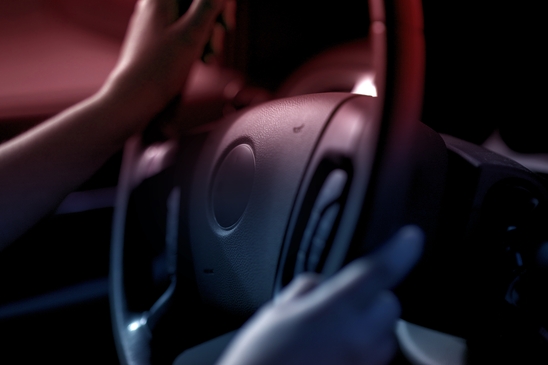Connecticut police are cracking down on drunk and drugged drivers. According to DUIBlock.com, OUI checkpoints are common across the state.
Many people think they can drive safely after a few drinks, but your skills behind the wheel won’t help you at a checkpoint. A conviction can come with fines, jail time, community service and a mandatory alcohol education program – among other penalties.
If police charged you with operating under the influence at a checkpoint in Connecticut, contact Melocowsky & Melocowsky. A Hartford OUI attorney will investigate your arrest, gather evidence and represent your interests. Even if you failed the breathalyzer, there may be a defense strategy that works in your favor.
Call 860-633-6356 to schedule a free initial consultation. Until then, read on for a brief overview of your rights at an OUI checkpoint:
You Do Not Have to Talk
According to the Fifth Amendment of the U.S. Constitution, you have the right to remain silent. If the officer arrests you, then you have a right to legal counsel during questioning.
Field Sobriety Tests Are Optional
Field sobriety tests are notoriously inaccurate. Drivers can fail them even if they are sober. Common reasons for this include:
- Back pain;
- Knee pain;
- Unstable shoes;
- And poor weather conditions.
As a result, Connecticut drivers can refuse field sobriety tests without penalties. However, there are consequences to refusing a breathalyzer.
Connecticut is an implied consent state, meaning that you must take a breath, blood or urine test if you were arrested for OUI. If you refuse to take this test, you can expect:
- Six month license suspension for the first offense
- One year license suspension for the second offense
- Three year license suspension for the third offense
Should I Refuse the Breath Test?
In most cases, refusing to take a breath, urine or blood test will not help. A refusal does not guarantee that you will not be convicted of OUI; however, it may be difficult for the prosecuting authority to secure a conviction if there is no evidence that your BAC was over 0.08 percent. The prosecutor will likely use your refusal to take the test as evidence of your intoxication.
Police Need a Reason to Search Your Vehicle
The Fourth Amendment of the U.S. Constitution prevents police from conducting illegal searches. Evidence gathered during an illegal search is inadmissible in court. However, if an officer has a warrant or sees illegal drugs in plain view, or if you give consent to the search, then any evidence that he or she collects most likely will be admissible in court.
If Connecticut police arrested you for OUI, there may be several defenses that apply to your case. A Hartford criminal defense lawyer from Melocowsky & Melocowsky can investigate your arrest and aggressively fight for a positive outcome.
Our attorneys have more than 40 years of combined experience practicing law. Call 860-633-6356 to schedule a free consultation.

